本篇文章跟大家探讨下信用卡知识英文版,以及信用卡知识英文版手抄报对应的知识信息,希望对各位有所帮助,不要忘了收藏本站以备日后需要哇。
本文快速导读目录:
- 1、信用卡的好处与坏处英语总结
- 2、有关信用卡的英语短文
- 3、英文翻译(信用卡方面)
- 4、一篇关于信用卡的英文文章
- 5、急求有关信用卡的英文文献和翻译,在线等!!!
- 6、哪位高人能提供一篇关于信用卡的中英文对照文章
信用卡的好处与坏处英语总结
Advantages of using credit cards:
Firstly, it is safer than carrying a lot of money.
Then, it is convenient.
Thirdly, we can buy something without pay money.
Disadvantages:
First of all, your code may be known by others.
Then, you must have a lot of bills. If you don't pay back, you will be accused.
有关信用卡的英语短文
How To Stop Credit Card Abuse
Consumer complaints about credit card abuse continues to increase despite clearly defined federal regulations meant to stop abuse. By knowing and understanding your rights, you can stop abuse. Let� examine four common methods of credit card company abuse and what you can do to stop the victimizing.
1. My creditor is charging me for items I did not purchase. Examine your bill every month to make sure that what you are being charged is what you ordered. If there is something listed that does not belong to you, notify the credit card company in writing about the disputed item. Federal law requires you do this within sixty days of receiving your bill. You must do this in writing as your rights will not be protected if you call in your complaint. Credit card companies have two billing cycles or 90 days to correct the problem.
2. My creditor regularly charges me late fees. You know that you always mail your credit payments in on time, but you just got hit with a late fee. If you are a customer in good standing, write a complaint to the credit card company and tell them you want the charge reversed. If this was a one time occurrence, your creditor will likely reverse the charge promptly. If you regularly get hit with late fees, make sure your payment is always mailed in well in advance of the date that it is due. Shady credit card companies will move up the day that your payment is due without your being aware of it. Always open your bill immediately and plan on making payments as soon as p.o.s sible.
3. I was late with a mortgage payment and now my credit card company is raising their rates. Yes, as unbelievable as it sounds, some credit card companies have a provision in their contract that lists a Universal default charge. What this means is this: if you are late paying back a separate creditor, your credit card company can raise their rates. In other words, you have now become less creditworthy in their eyes and your rate has doubled or tripled! The only way to combat this problem is to pay off your credit cards in full every month.
To overcome abuse, you must take charge of the situation and respond in the proper manner. Good credit card companies correct their errors while abusers continue this practice. In the end, it may be time for you to sever your relationship with them.
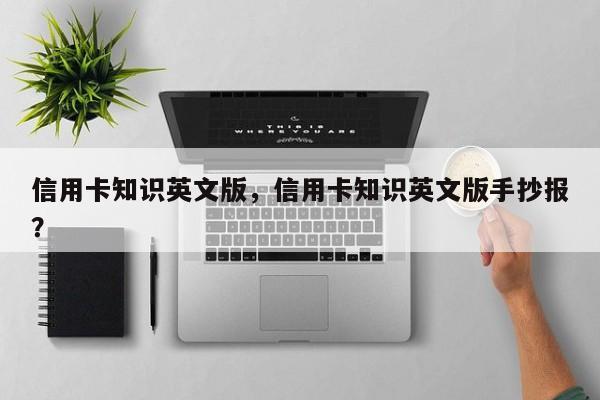
英文翻译(信用卡方面)
每个月,寄给你的每张信用卡账单明细都会允许你只支付最小部分的欠款,通常是总欠款的2%。然而,信用卡公司通过在你没支付的余额上收利息而赚取利润。所以尽管你按时支付信用卡欠款,在你的余额上面还是会有利息出现。
一篇关于信用卡的英文文章
Credit Card Cash Advance Pitfalls
Credit card cash advances can provide consumers with convenient and instant access to "cold cash" in times of financial need, but cash advances should be avoided if at all p.o.s sible. Informed consumers realize that cash advances are typically accompanied by fees and exorbitant interest rates (there is also no grace periodfor cash advances). Moreover, cash advances can be a major stumbling block for consumers seeking debt relief. We hope the following tips help consumers avoid the pitfalls associated with cash advances.
* Fees for cash advances vary, but fees can be very costly. Fees are computed using two calculation methods. Many card issuers calculate fees on a percentage basis, which typically ranges from 1% to 4%. Other issuers charge "flat fees" for advances. "Flat fees" are not based on the amount of the advance and, therefore, are always the same.
An increasing trend is to combine both calculation methods. Combining calculation methods results in higher cash advance fees. An example of this would be an issuer that charges x% for an advance, but charges a minimum of $10 regardless of the amount of the advance. Another example would be an issuer that charges x% for an advance or $20, whichever is greater. Read the terms of your card agreement carefully. Fee calculation can get tricky.
A few issuers do not charge any fees at all. This is very rare, though.
Finally, if you must get an advance, avoid using ATM machines. ATMs charge an additional fee for advances. This fee is charged by the financial institution that owns the ATM.
* Often the greatest potential pitfall for consumers who decide to get a cash advance involves finance or interest charges. The interest rate for cash advances is often several points higher than the normal purchase interest rate (the rate that is associated with everyday card purchases). Cash advance rates normally range from 20% to 25%. In contrast, the average purchase rate for a standard credit card ranges from 15.88% to 17.30% according to. However, a few issuers charge the same rate for both purchases and cash advances "Low Rate Report" for more info).
Other finance charge pitfalls involve grace periods and the payment method that a card issuer utilizes. Cash advances begin accruing interest immediately and, therefore, are not subject to a grace period. Thus, even if you pay your card balance in full when your bill arrives, you will still be accessed a finance charge for any advances.
A similar pitfall involves the manner in which payments are applied to your account. Most issuers apply payments to card purchases before they apply payments to cash advances (i.e. payments are first applied to purchases). If you carry a balance on your card, this can result in your a dramatic increase in your finance charges and overall interest rate.
* Please be aware that any "credit card checks" that you receive in the mail are usually treated as cash advances! Card issuers often tout such checks as an easy way to pay off the bill of your choice or to acquire some extra spending money. While using a check may be convenient, it can be extremely costly. Many balance transfers are also treated as cash advances.
* Dependency on cash advances can be an outward sign of serious debt problems. Consumers that regularly rely on advances to "make ends meet" urgently need debt counseling. Cash advances are so tempting that some cardholders fall victim to the "cash advance trap" and find themselves caught in a vicious cycle. If this statement applies to you or someone you know, please consult CardRating.com's "Get Debt Relief" section for a list of helpful resources
急求有关信用卡的英文文献和翻译,在线等!!!
先声明一下,下面的中文并不是翻译,而是另一片文章.不好意思,内容太多,没帮你翻译.不过这都是维基里面比较权威的解释.
A credit card is part of a system of payments named after the small plastic card issued to users of the system. It is a card entitling its holder to buy goods and services based on the holder's promise to pay for these goods and services. The issuer of the card grants a line of credit to the consumer (or the user) from which the user can borrow money for payment to a merchant or as a cash advance to the user.
Credit cards are issued after an account has been approved by the credit provider, after which cardholders can use it to make purchases at merchants accepting that card.
When a purchase is made, the credit card user agrees to pay the card issuer. The cardholder indicates consent to pay by signing a receipt with a record of the card details and indicating the amount to be paid or by entering a personal identification number (PIN). Also, many merchants now accept verbal authorizations via telephone and electronic authorization using the Internet, known as a 'Card/Cardholder Not Present' (CNP) transaction.
Electronic verification systems allow merchants to verify that the card is valid and the credit card customer has sufficient credit to cover the purchase in a few seconds, allowing the verification to happen at time of purchase. The verification is performed using a credit card payment terminal or Point of Sale (POS) system with a communications link to the merchant's acquiring bank. Data from the card is obtained from a magnetic stripe or chip on the card; the latter system is in the United Kingdom and Ireland commonly known as Chip and PIN, but is more technically an EMV card.
Other variations of verification systems are used by eCommerce merchants to determine if the user's account is valid and able to accept the charge. These will typically involve the cardholder providing additional information, such as the security code printed on the back of the card, or the address of the cardholder.
Each month, the credit card user is sent a statement indicating the purchases undertaken with the card, any outstanding fees, and the total amount owed. After receiving the statement, the cardholder may dispute any charges that he or she thinks are incorrect (see Fair Credit Billing Act for details of the US regulations). Otherwise, the cardholder must pay a defined minimum proportion of the bill by a due date, or may choose to pay a higher amount up to the entire amount owed. The credit provider charges interest on the amount owed if the balance is not paid in full (typically at a much higher rate than most other forms of debt). Some financial institutions can arrange for automatic payments to be deducted from the user's bank accounts, thus avoiding late payment altogether as long as the cardholder has sufficient funds.
信用卡是一种非现金交易付款的方式(参见信用卡交易),是简单的信贷服务。信用卡一般是长85.60毫米、宽53.98毫米、厚1毫米的塑料卡片(尺寸大小是由ISO 7810、7816系列的文件定义),由银行或信用卡公司依照用户的信用度与财力发给持卡人,持卡人持信用卡消费时无须支付现金,待账单日时再进行还款。除部份与金融卡结合的信用卡外,一般的信用卡与借记卡、提款卡不同,信用卡不会由用户的帐户直接扣除资金。
申请
多数情况下,具有完全民事行为能力(中国大陆地区为年满18周岁的公民)的、有一定直接经济来源的公民,或没有直接经济来源的在校大学生(仅限本科生,部分银行更限于中国“211工程”之重点大学),可以向发卡行申请信用卡。有时,法人也可以作为申请人。申请方式一般是通过填写信用卡申请表,并提交一定的证件复印件与证明等给发卡行。申请表都附带有使用信用卡的合同,申请人授权发卡行或相关部门调查其相关信息,以及提交信息真实性的声明,发卡行的隐私保护政策等,并要有申请人的亲笔签名。
核发
通常,银行会根据申请资料,考察申请人多方面的资料与经济情况,以及各银行内部的信审政策之标准,来判断是否发信用卡给申请人。考虑的因素有,申请人过去的信用记录、申请人已知的资产、职业特性等。发卡行审核的具体因素与过程属于商业机密,外界一般很难了解。各个发卡行的标准也不尽相同,因此,同样的材料在不同的银行可能会出现核发的信用额度不同,信用卡的种类不同,甚至会出现有的银行审核通过,而有的银行拒发的情况
开卡
由于信用卡申请通过后是通过邮寄将卡片寄出等方式,所以并不能保证领取人就是申请人。为了使申请人和银行免遭盗刷损失,信用卡在正式启用前设置了开卡程序。开卡主要是通过电话或者网络等,核对申请时提供的相关个人信息,符合后即完成开卡程序。此时申请人变为卡片持有人,在卡片背后签名后可以正式开始使用。
哪位高人能提供一篇关于信用卡的中英文对照文章
PAYMENT FORM FOR CREDIT CARD
为支付会议费用,我愿意用以下信用卡支付:□ Visa信用卡 □ 美国运通卡 □ 万事达卡(信用卡用人民币支付并且将在卡中扣除4%的手续费)
I would like to make the payment for the conference by □ Visa □ American Express □ Master Card (payment by Credit Cards will be charged in RMB and 4% service fee more will be charged by banks from your card)
信用卡号码: 有效期限:
信用卡用户名:
Credit Card No.: Expiry Date:
Name on Card:
我同意从我信用卡中向CAS的国际科学交流中心支付[ ]美元,并由中国银行附加4%的手续费。我已经随信寄出我信用卡双面的清晰复印件。
I consent to the Center for International Scientific Exchanges, CAS debiting my credit card account with the amount of US$ [ ] and the Bank of China is to charge 4% service fee in addition to this amount. I have also sent a clear copy of both sides of the credit card to you along with this form.
签名: [ ] (应和信用卡上名字一致)
Signature: [ ] (should be the same with that on the card)
日期:
Date
注:
以上是由[ ]博士支付Note:
The payment above is made for Dr. [ ]
通讯地址:[ ]女士
国际科学交流中心,CAS
ICEC20秘书处
中国北京三立和路52号,邮编:100864
电话:[ ];
传真:[ ]
电子邮件:[ ] Correspondence:
Ms. [ ] Center for International Scientific Exchanges, CAS
Secretariat of ICEC20 52
Sanlihe Rd., Beijing 100864, China
Tel: [ ];
Fax: [ ]
Email: [ ]
信用卡知识英文版的介绍就聊到这里吧,感谢你花时间阅读本站内容,更多关于信用卡知识英文版手抄报、信用卡知识英文版的信息您可以在本站进行搜索查找阅读喔。


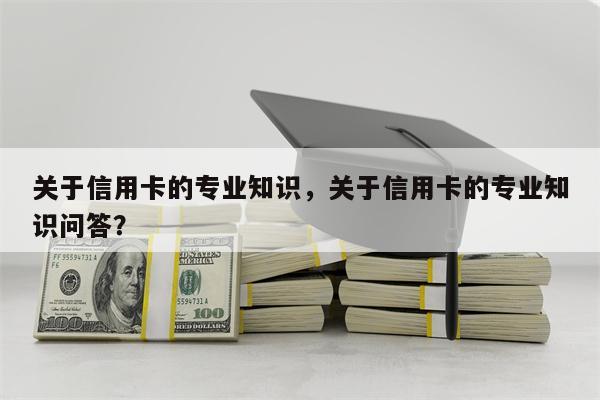
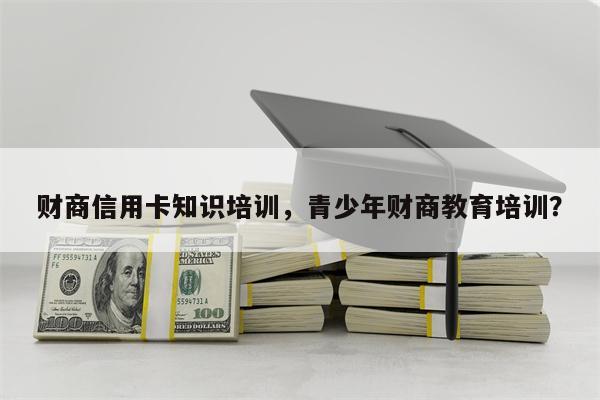

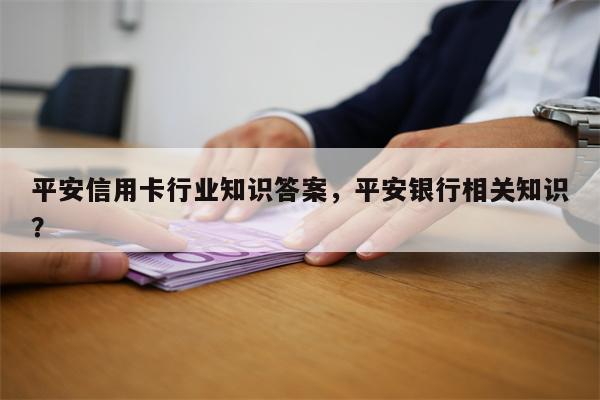
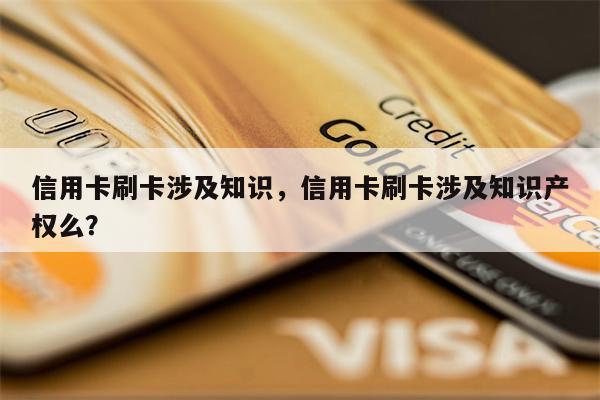
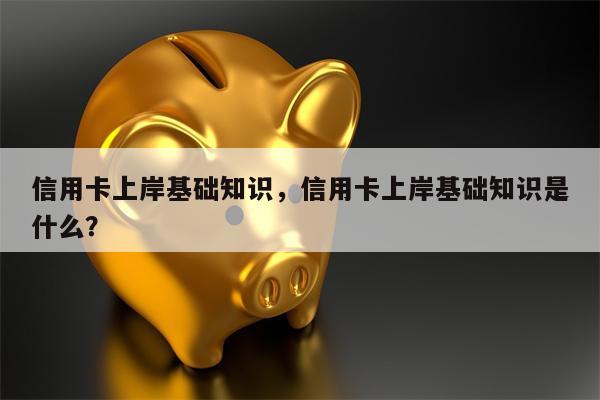
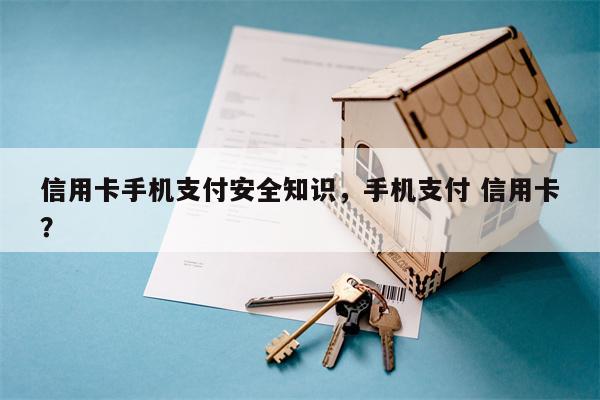
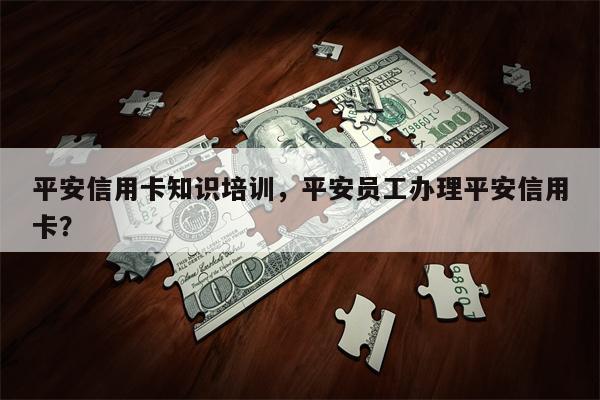
还没有评论,来说两句吧...